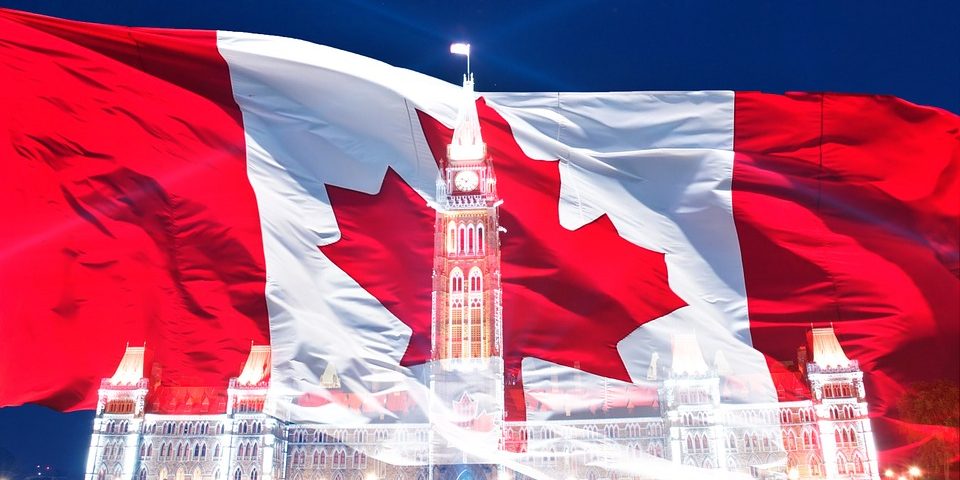Canada’s Latest Immigration Updates 2025: What You Need to Know
As we kick off 2025, there have been several notable developments in Canada’s immigration policies. Whether you’re considering making Canada your home or just keeping up with the news, here’s a rundown of the most recent updates and what they mean for you.
1. New Pathways for Temporary Workers to Permanent Residency
In a move to address labor shortages and enhance the immigration system, Canada is expanding its pathways for temporary foreign workers to transition to permanent residency. The Canadian government has introduced new pilot programs designed to make it easier for skilled workers in high-demand sectors to settle permanently.
2. Refugee Resettlement Programs Expand
Canada has a longstanding commitment to supporting refugees, and in the face of global crises, the government is expanding its resettlement programs. The most recent update involves a significant increase in the number of refugees Canada plans to resettle in the next few years. Canada aims to resettle 30,000 additional refugees over the next year.
3. Express Entry System Tweaks
Canada’s Express Entry system, one of the most popular immigration routes for skilled workers, has undergone a few changes aimed at improving processing times and better aligning with labor market needs. Express Entry is the primary pathway for skilled workers to obtain permanent residency, and these tweaks reflect Canada’s evolving needs for specific skills in its labor market.
What’s new:
- The Comprehensive Ranking System (CRS) now gives more weight to candidates with Canadian work experience, language proficiency, and higher education.
- Express Entry draws will continue to target applicants with specific work experience and qualifications in fields with labor shortages, such as healthcare and technology.
- A focus on improving processing times, with some applicants receiving decisions in as little as 6 months.
For potential immigrants, this means better chances for applicants with strong qualifications in areas the Canadian economy desperately needs.
4. Canada’s Commitment to Family Reunification
Canada has made family reunification a top priority within its immigration policies. In recent months, the government has announced several new measures aimed at facilitating the process for family members of permanent residents and Canadian citizens to join them in the country.
Family reunification not only strengthens communities but also helps immigrants integrate more successfully into Canadian society. This initiative reflects Canada’s commitment to family unity and recognizes the importance of maintaining strong familial connections, especially for newcomers who may be adjusting to life in a new country.
5. Changes to Study Permits and Post-Graduation Work Permits (PGWP)
For international students, Canada has always been a top destination. The government has recently introduced changes to study permits and post-graduation work permits to make it easier for international students to stay and work in Canada after completing their studies.
International students contribute significantly to Canada’s economy and culture, and retaining talent post-graduation is seen as crucial for long-term growth. These changes mean increased work rights for students during their studies, allowing more flexibility to work part-time and gain Canadian experience. As well as easier access to Post-Graduation Work Permits (PGWP), particularly for students in STEM fields. Lastly, these changes may result in extended work permits for graduates who choose to work in certain high-demand sectors.
These changes are likely to attract more international students to Canada and provide them with more opportunities to build careers and contribute to the Canadian economy after graduation.
Final Thoughts
Canada’s immigration policies are constantly evolving, reflecting the country’s changing needs and priorities. The recent updates focus on creating more pathways to permanent residency, improving family reunification, and attracting skilled workers and international students. With immigration playing a crucial role in Canada’s economic and social fabric, these changes underscore the country’s welcoming stance and commitment to growth.
If you’re considering making Canada your home, now is a great time to explore your options, stay updated on new policies, and take advantage of the many opportunities available to immigrants in 2025 and beyond.





